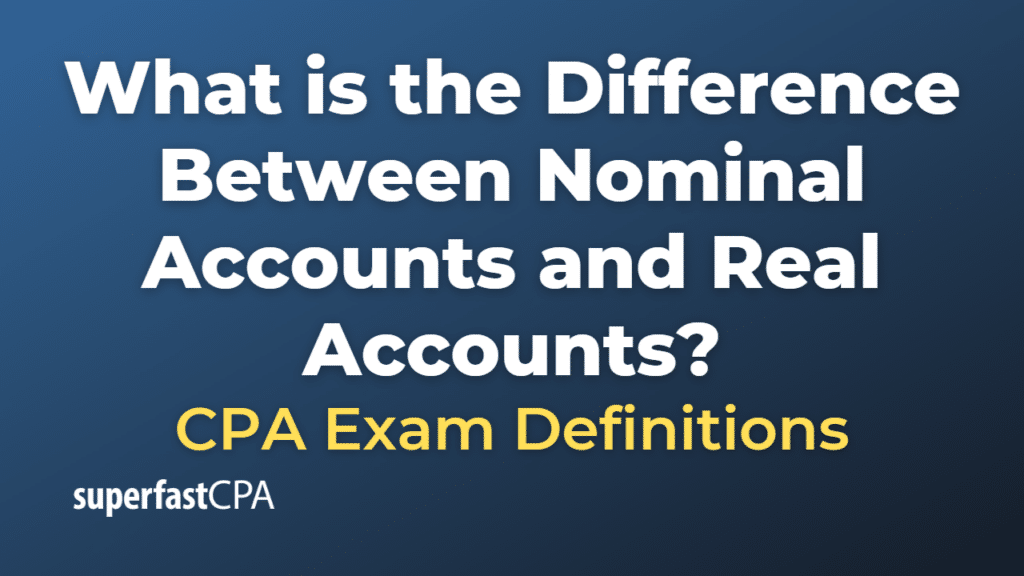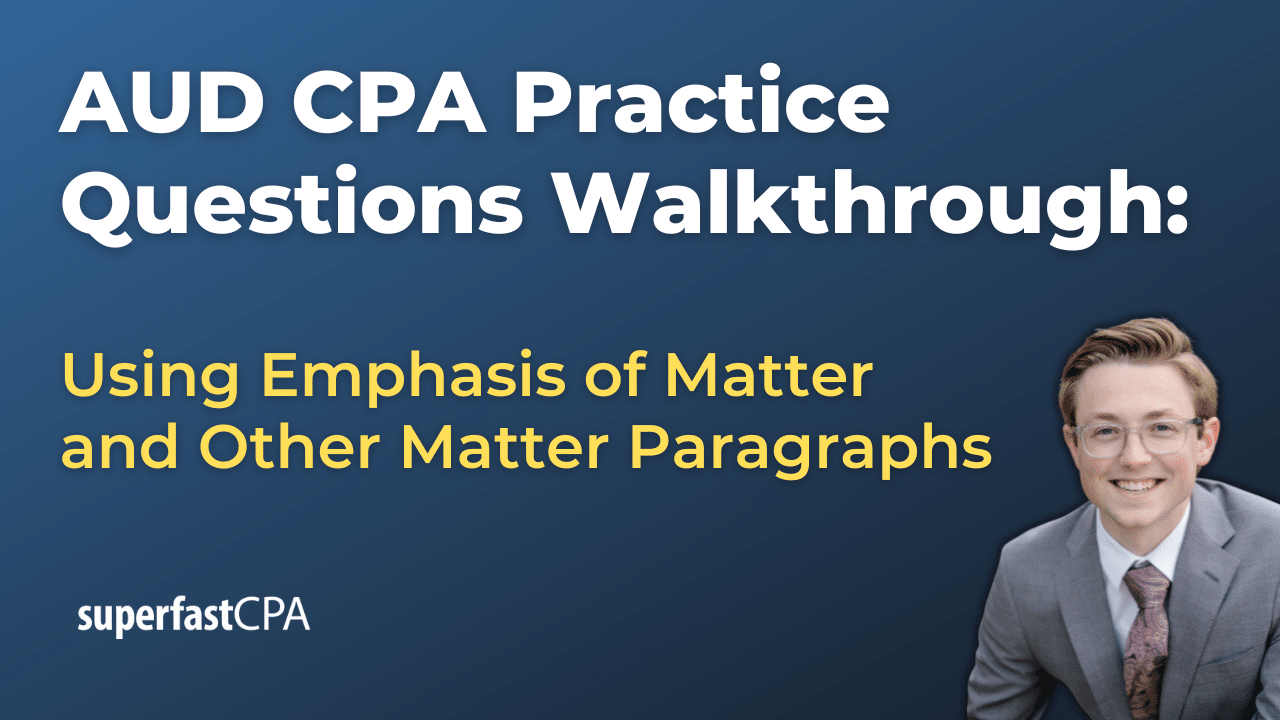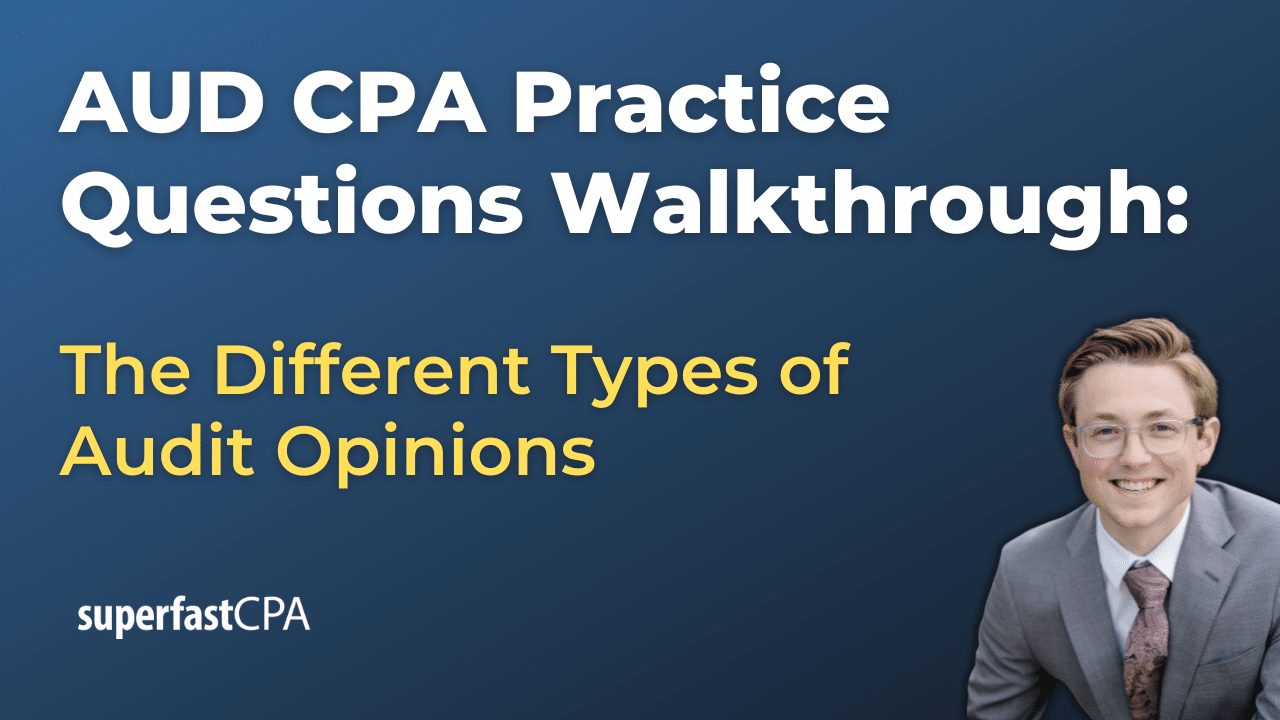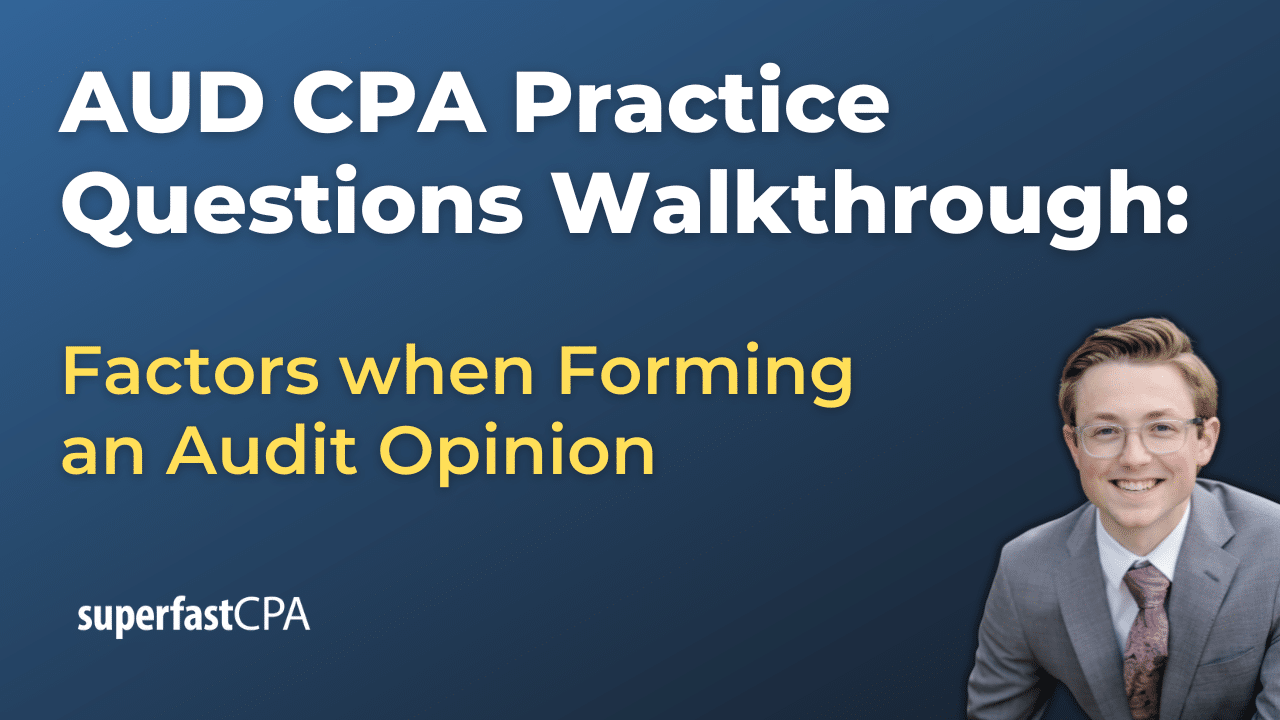Difference Between Nominal Accounts and Real Accounts
“Nominal Accounts” and “Real Accounts” are terms used in traditional accounting systems that refer to specific types of accounts used in a business’s general ledger. These terms originate from the double-entry bookkeeping system and help categorize transactions:
- Nominal Accounts: These accounts relate to income, expenses, gains, and losses, i.e., all accounts that appear on the income statement plus the drawing account. Nominal accounts are temporary accounts, which means they are closed at the end of each accounting period. The balances in these accounts are transferred to the capital account (or retained earnings for corporations) at the end of the accounting period and begin the next accounting period with zero balances. Examples of nominal accounts include sales, salary expense, rent expense, interest income, and depreciation expense.
- Real Accounts: These accounts relate to assets, liabilities, and equity (other than the drawing account), i.e., all accounts that appear on the balance sheet. Real accounts are also known as permanent accounts because their balances are not closed at the end of the accounting period but are carried forward to the next period. These accounts keep a running balance of the financial position of the business. Examples of real accounts include cash, accounts receivable, inventory, accounts payable, loans payable, and common stock.
In summary, the primary difference between nominal and real accounts is their purpose and the duration for which they maintain their balances. Nominal accounts track revenue and expenses for a specific period, while real accounts track a company’s assets, liabilities, and equity over its entire lifetime.
Example of the Difference Between Nominal Accounts and Real Accounts
Let’s consider a hypothetical business scenario and see how different transactions affect nominal and real accounts.
Let’s assume we are looking at the transactions for “Dynamo Corp.” for the month of January:
- Dynamo Corp. starts the month with $10,000 in cash (a real account) and equity of $10,000 (also a real account).
- Dynamo Corp. pays $1,000 rent for office space (a nominal account).
- Dynamo Corp. makes sales of $5,000 on account, i.e., it will receive the payment later (a nominal account for Sales Revenue and a real account for Accounts Receivable).
- Dynamo Corp. pays employee salaries of $2,000 (a nominal account).
- Dynamo Corp. collects $2,000 from customers paying on their accounts (two real accounts: Cash and Accounts Receivable).
Here’s how these transactions would affect the real and nominal accounts:
Real Accounts (permanent accounts – balance sheet accounts):
- Cash starts at $10,000, decreases by $1,000 for rent and $2,000 for salaries, and increases by $2,000 for cash collections, ending at $9,000.
- Accounts Receivable starts at $0, increases by $5,000 for the sales made on account, and decreases by $2,000 for the cash collections, ending at $3,000.
- Equity starts at $10,000 and will increase by the amount of net income or decrease by the net loss for the month.
Nominal Accounts (temporary accounts – income statement accounts):
- Rent Expense starts at $0 and increases by $1,000 for the rent paid, ending at $1,000.
- Sales Revenue starts at $0 and increases by $5,000 for the sales made, ending at $5,000.
- Salary Expense starts at $0 and increases by $2,000 for the salaries paid, ending at $2,000.
At the end of the month, the nominal accounts will be closed out to the equity account (specifically, Retained Earnings for a corporation). The net income or net loss for the month (Revenues – Expenses) will adjust the equity balance. The real accounts, however, will carry their end-of-month balances into the next month.














